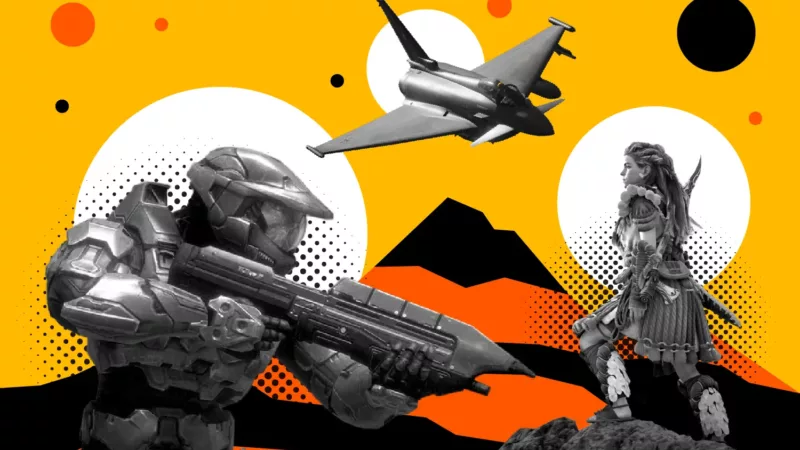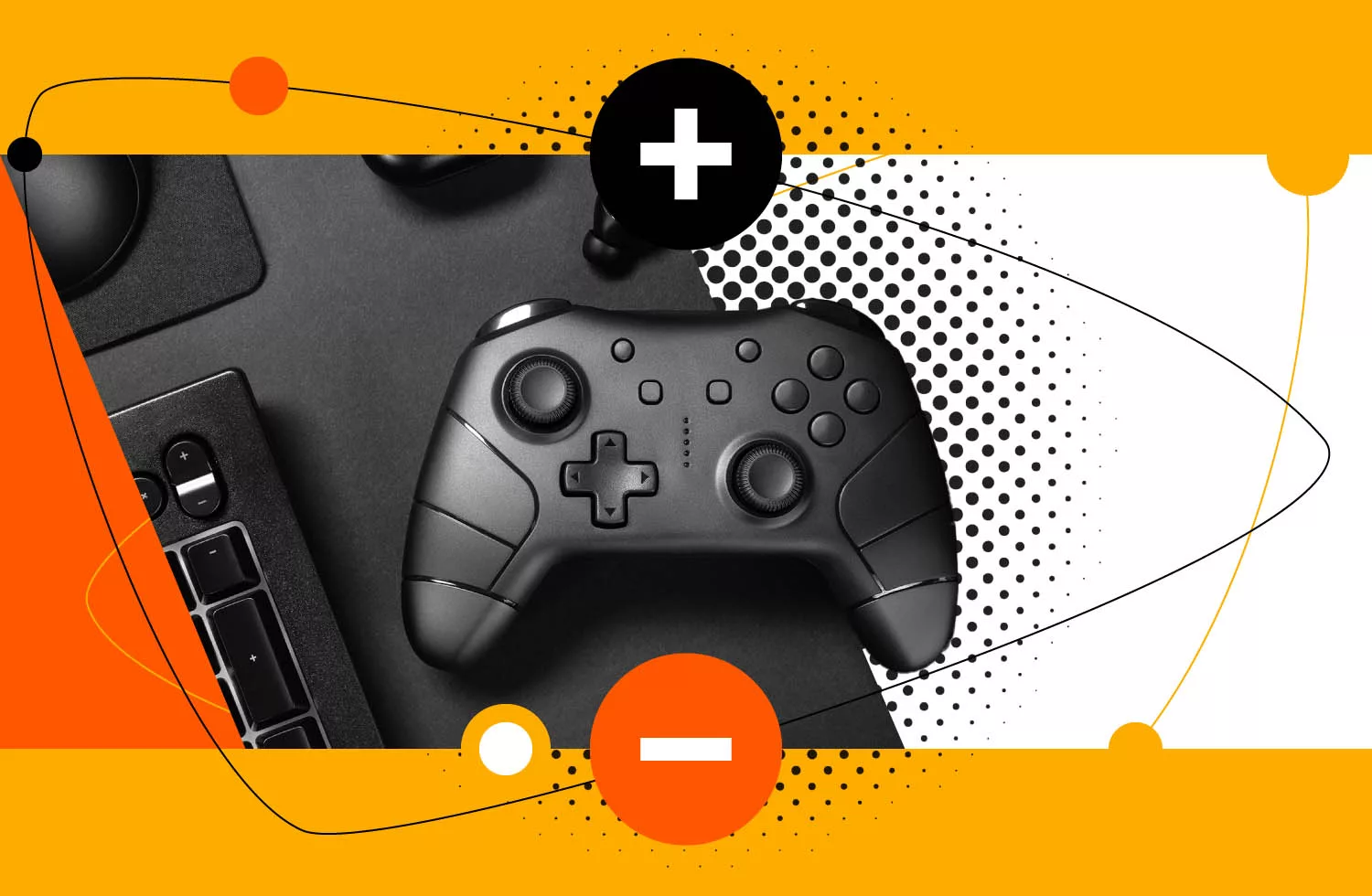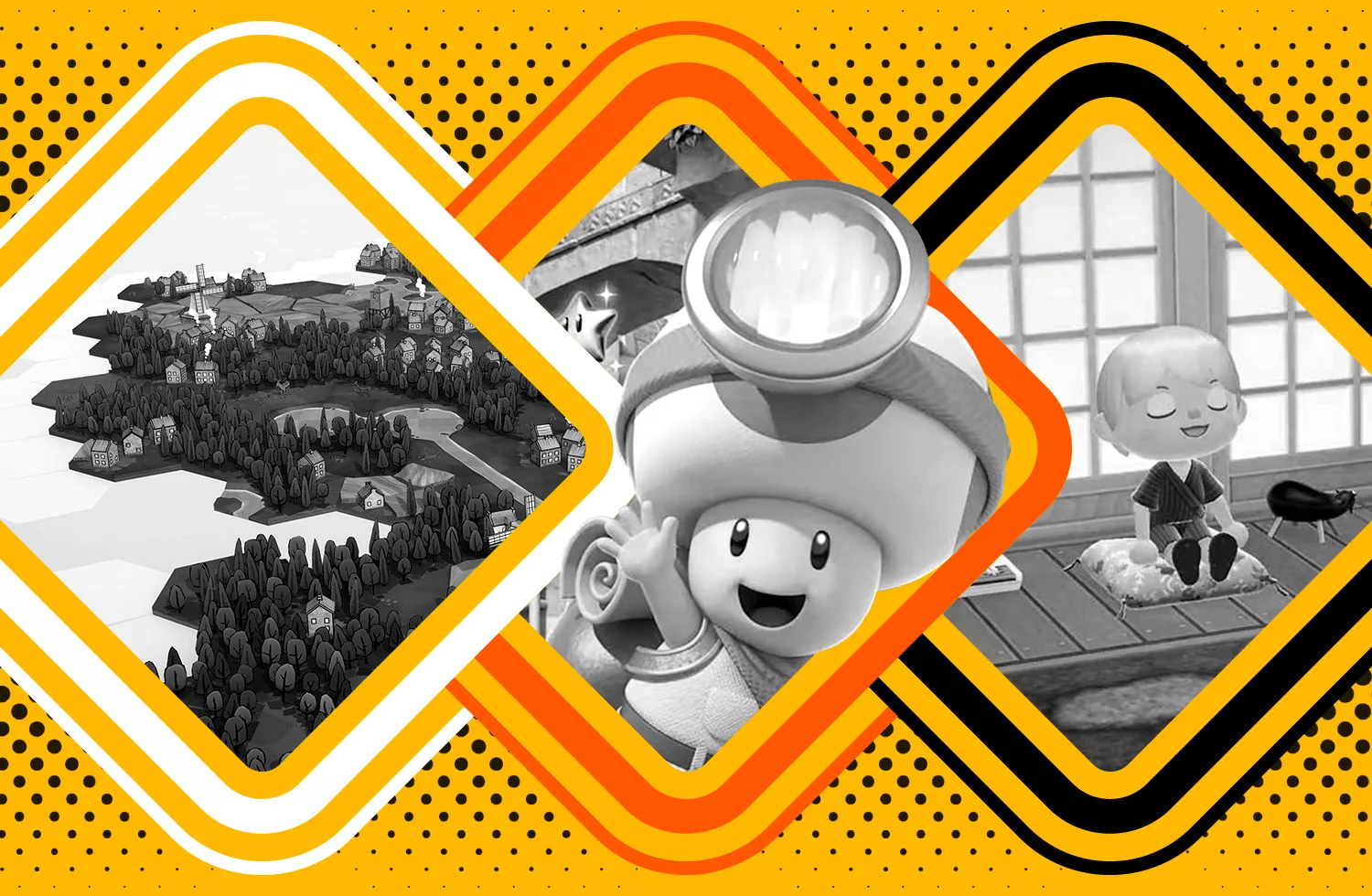
Wish that your favorite games did that little bit more? Want to play classics that have been updated for modern tech? Maybe you should explore what fangames have on offer.
As gamers, we all know that the standard way to play is to buy or download a game for free from an established publisher. The publishers and developers make sure that you get the product that they intend to deliver.
These are the game creators who get all of the credit, and yet, the humble fan game has always had a place in the community.
Whether they play with an existing game or build on a new idea entirely for an existing series, a fan game can tap into exactly what their fellow gamers want to see.
At the end of the day, games are here for you to enjoy, so if they come in the form of a fan game rather than an officially licensed property, should it matter?
Well, as you can see below, a major arguing point in gaming has and remains to be the presence of fangames. So here, we’re delving into this unsung corner of gaming, looking at when fan games have found a home and where others are shunned.
What Is a Fan Game?
A fan game is a video game that’s made by people who aren’t attached to a development studio or publishing company. Usually, they are fans of the original game.
You’ll often find a fangame to be like an existing game, either as a remake, a modification, or a clone. Some see fan games as a form of user-created content, while others question their validity and strike them down as copyright infringements.
The internet is loaded with fan game creations, with their origins tracing back to the mid-90s. Some fan games have gone on to become their own official standalone titles.
Others have reached huge player bases and fan acclaim, only for major companies to remove them.
Some Fan Games Are Mods, Some Fan Games Are Standalone Creations
One of the more common ways for a fan game to be made is through the piggybacking method of building a mod.
Several official game developers grant access to their source code, enable modifications, and make development or editing tools available to the community. This has spawned some of the biggest PVP games.
This method of creating a fan game is better received by gaming companies. As you can imagine, developers that offer the tools to adapt their creations are happier to see fangames than those who don’t.
Of course, there are usually rules, with the created content needing to expand rather than change the core title.
Enter the Standalone
On the flip side, you have the standalone fangame. Within several of the game-making sandbox games, fans will try to recreate their other favorite titles.
Equally, they can turn to the readily available game engines, such as Unity, Game Maker, Crystal Space, or Headcannon. The free platforms and engines tend to be the choice.
With fewer restrictions or a separate platform to build a game, many standalone fan games heavily draw from the mechanics and aesthetics of existing titles. This isn’t always to just make some quick cash, though.
Most seek to improve or add a different spin to fan-favorite games of the past – particularly long-lost retro games.
What Is the Best Fan Game?
The best fan game choice depends on your preference. Whether you prefer novel strategy games or remakes of classics, your choice of fangame will differ.
However, the consensus in gaming would point to a major battle royale title or the two eSports games that have awarded the most money.
Those Who Oppose Fan Games
If you want the prime example of a company that hates fangames, look no further than the friendly Japanese giant Nintendo. Nintendo IPs have been a favorite of fan game creators over the decades, but they notoriously shut down such efforts.
In 2021 alone, Nintendo issued a DMCA notice against 3791 fan game creations on the platform Game Jolt. Others ousted by the company include:
- A new monster-catching game in their series built on original assets.
- A high-definition creation of a classic N64 title in 2015.
- A game maker that allowed fans to make their own maps for Hyrule.
Nintendo isn’t the only company that hunts down any fan game that rises to prominence. The likes of Activision, Vivendi Universal, Sega, Konami, and Take-Two Interactive have also put an end to at least one fan game.
Why Does Nintendo Hate Fan Games?
Nintendo is incredibly protective of its IPs because it wants to uphold the brand identity of producing high-quality products.
So, when a fan game is released that infringes the copyrights and trademarks to its IP, they see any potential issues as reflecting badly on the original products.
Are Fan Games Bad?
Many fan game creations don’t work well or are blatant copyright infringements. However, for the most part, a fan game is made from passion, inspiration, and a desire to improve a much-loved product.
So, fangames aren’t inherently bad – you just need to find ones that play fair.
Some Fan Games Are Getting Major Publisher Backing
Nintendo certainly takes the hardest stance against each fan game that it encounters to be drawing from its properties. On the flip side, you’ll find many other major publishers either allowing fan games to exist or fully endorsing them and giving their backing.
Valve has become somewhat of a fan game darling, not only allowing for many fan game creations to exist on the Steam platform but even giving financial backing in some instances.
Some of the biggest online and competitive titles today only exist because Valve has backed the original fan game.
Fan Game-Friendly Developers
Along with Valve, Capcom is fan game-friendly on occasion. Bethesda Softworks have inspired many fan game creations within their expansive open-worlds, even releasing editions of games with fan-made mods.
Although you will also see Activision ending some fan game projects, they have also backed fan development teams.
It’s impossible to imagine a world of gaming without an abundance of fan game creations. While they’re fleeting, you can find many fangames to try, and some that simply started as a fan game.











